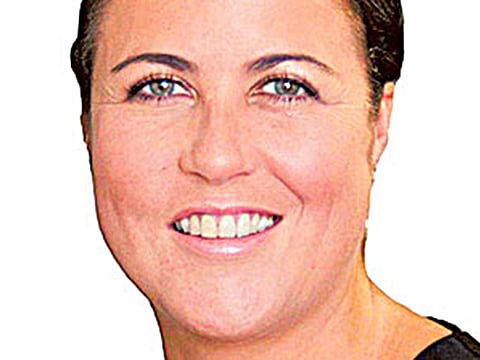Why are many people unable to fulfill resolutions?
People underestimate how difficult it will be for them to change a certain behaviour

Dubai
When the year comes to an end, people make their peace with the events that occurred and look forward to the new beginning. “We feel that the new year is a fresh start, a chance to do things differently and we make resolutions accordingly,” said Karen Anne Hope Andrews, a clinical psychologist based in Dubai.
But, why is it so hard for many people to maintain their resolutions through the year?
It seems like old habits die hard, according to Andrews. Our behaviour is “deeply ingrained”, she said, and so when making a resolution, people tend to underestimate how difficult it will be for them to change a certain behaviour. Even though their intentions might be good, when people are faced with a situation that might trigger them, they will “revert to habitual coping mechanisms, strategies and behaviours”.
Andrews said: “The effect on people who are unable to reach their target would vary widely depending on the individual’s perspective, the nature of their goal, the meaning they attach to not being able to reach their goal and so on. However, most people who perceive themselves as failing something would likely feel a sense of disappointment and discouragement. In more vulnerable individuals, this could have a damaging impact on their self-confidence and self-esteem and could even trigger serious mental health problems such as anxiety or depression.”
One of the most common resolutions people make is to try to lose weight. According to a study conducted by US-based Nielsen Holdings, a global data and measurement company, 32 per cent of people globally resolve to lose weight through the year.
In Andrews opinion, the preoccupation with weight loss is “psychologically unhelpful” and even has many potentially damaging ramifications.
She said: “Instead of aiming to ‘lose’ anything, it is better for overall focus on gaining wellbeing through self-acceptance and care. Caring about our health would include mindful eating and engaging in positive physical activity with a view to holistic and longterm wellbeing.”



